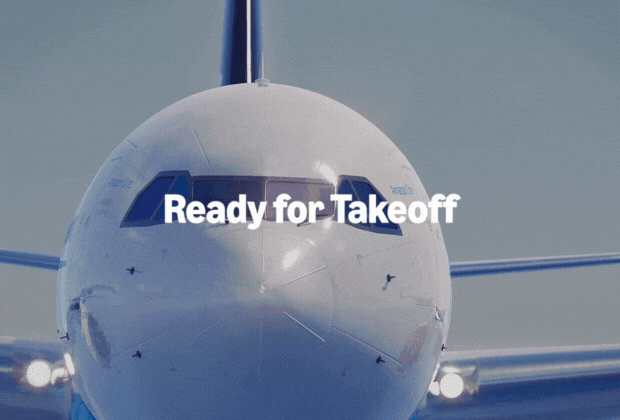MSC Air Cargo ends deal with GSSA ECS and strengthens in-house team
News that MSC Air Cargo has split from ECS Group, the French GSSA company, has ...

Africa’s greatest advantage is its youthful population; the youngest in the world, the continent boasts 200m people between the ages of 15 and 24.
And youth think in a different way, breaking down barriers built up by older people, working at traditional companies.
It came as a surprise, admitted Adrien Thominet, chief executive of ECS Group, that the majority of responses to his company’s global NextGen challenge came from Africa.
Mr Thominet is a great proponent of promoting youngsters – and their ideas. ...
Keep our news independent, by supporting The Loadstar
Spot rates on transpacific surge after news of tariff time-out
European port congestion now at five-to-six days, and getting worse
'Cargo collision' expected as transpacific capacity tightens and rates rise
Houthis declare blockade of port of Haifa – 'vessels calling will be targets'
Another CMA CGM vessel heading for Suez Canal – 'to mitigate schedule delay'
News in Brief Podcast | Week 20 | 90-day countdown, India and Pakistan
Threat to airport operations as India revokes security clearance for handler Çelebi
South America will benefit as air cargo traffic diverts from the transpacific
CMA CGM will carry on investing after 'solid' Q1, despite unclear outlook
Air cargo forwarders stick to spot rates – a long-term contract would be 'foolish'
Demand for transpac airfreight capacity returning – but 'it's not ecommerce-driven'


Comment on this article